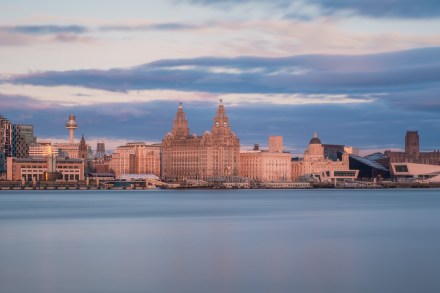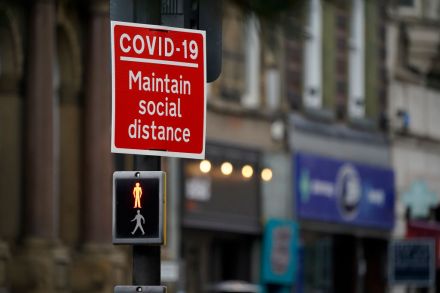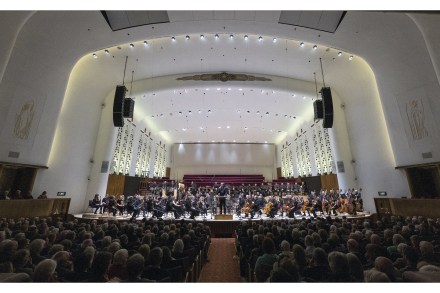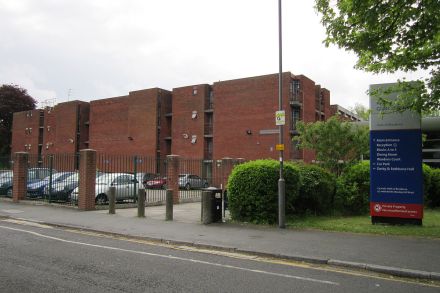Was Carrie Fisher really ‘a genius’?
‘People throw the word “genius” around a lot,’ said a talking head on BBC2 this week, ‘but she was a genius, truly.’ If it wasn’t for the heading on this column, I suspect it might have taken you a while to guess the unquestionable genius being referred to here. But then again, for Carrie Fisher: A Life in Ten Pictures, considered analysis and fear of hyperbole would only have got in the way. Not that this prevented the programme from being inadvertently revealing. Granted, if you wanted to know the full story of Fisher’s life – including the fact that she married Paul Simon – you’d have been better off





















